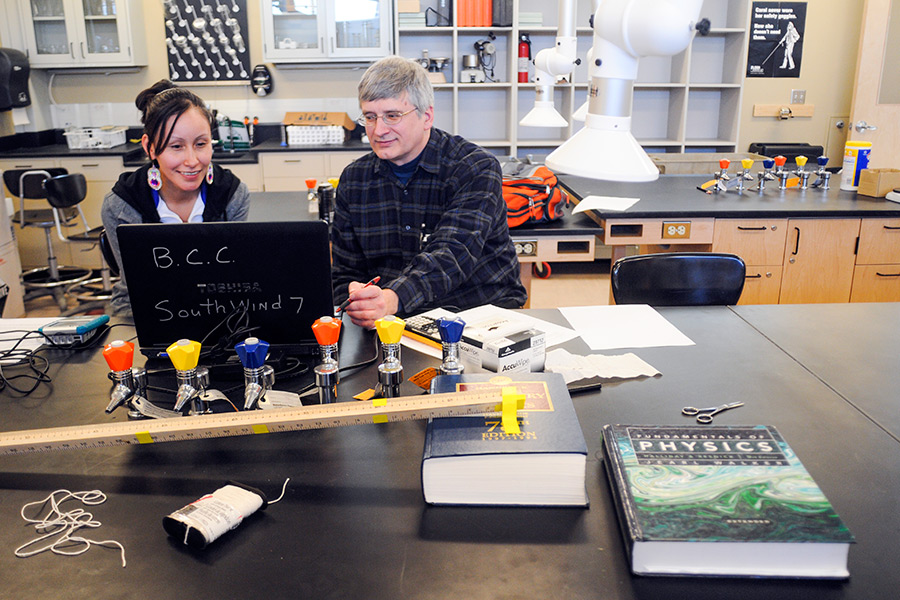The Blackfeet Community College has received a $400,000 grant from the state to continue construction on a new 9,200-square-foot health sciences facility in Browning.
BCC President Dr. Billie Jo Kipp said the new building will help the community college in its mission to provide much-needed education opportunities on the Blackfeet Indian Reservation and become a four-year institution. It is scheduled for completion in 2018.
“This new building and the expansion of our nursing program will give our community a chance to take control of our own health care,” Kipp said. “There’s a lot of exciting things happening here right now.”
The new health sciences building is expected to cost $5.2 million and will also house the school’s education and general science programs. The building will include new classrooms, a health clinic and a small auditorium. Aside from the $400,000 Community Development Block Grant from the state, the new building is funded primarily with federal dollars and contributions from other tribes, Kipp said.
BCC’s nursing program was established about five years ago and will graduate its third class of nurses this year. Students can become registered nurses in just two years; other students may decide to continue their education at a four-year institution. Kipp would like to offer four-year bachelor degrees by 2020 to students who want to stay in Browning.
Kipp said the biggest roadblock to turning BCC into a four-year institution is the lack of dorms. However, the school will be looking to address that once the new health sciences building is complete. Space won’t be an issue, as the college already owns 800 acres of land on the east side of Browning.
“We’ve saturated the field with two-year degrees, so we want to bring a four-year program to the reservation and the Hi-Line with the ability to offer bachelor’s degrees in English, Native American studies and more,” Kipp said. “A lot of our students don’t want to leave BCC after two years, and so the prospect of becoming a four-year institute is exciting.”
Currently, BCC hosts 400 to 500 students annually, but Kipp said once the college starts offering four-degrees and dormitories, that number could increase dramatically. Kipp said officials in Browning have been working with officials at Salish Kootenai College in Pablo to research possibilities for their school as it continues to grow.
“This will provide a lot of opportunities to a community that needs it,” Kipp said.
